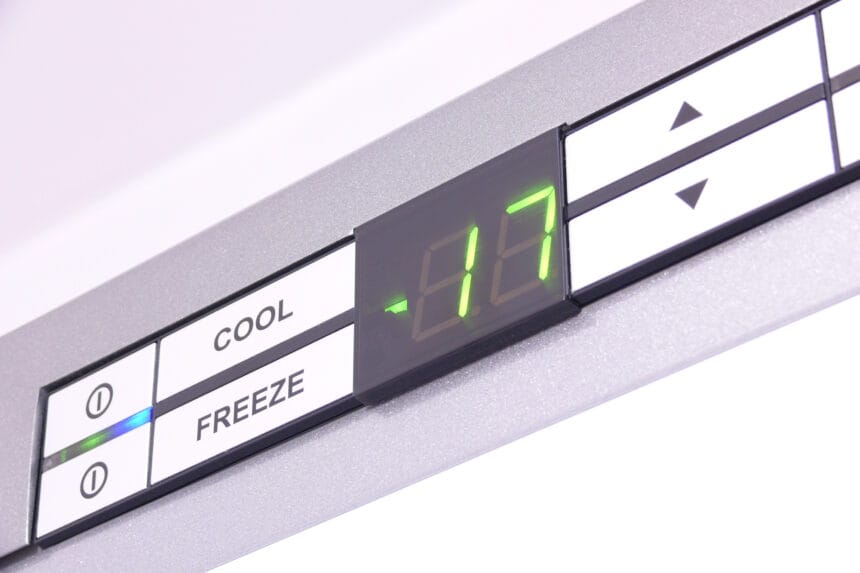Temperature control in hospitals balances patient comfort with medical efficiency. Proper heating and cooling support recovery, reduce infection risks, and maintain staff productivity. Advanced systems monitor and adjust temperatures in real-time, ensuring optimal conditions for sensitive equipment and patient care. This harmony enhances outcomes while prioritizing health and well-being.
Temperature management is vital in healthcare settings to guarantee patient comfort and optimize medical operations. In hospitals, it affects well-being and staff productivity, directly impacting the overall success of the facility’s operations. Hospitals should opt for 24/7 emergency heating and AC repair to ensure seamless functionality throughout. This article examines the significance of maintaining temperatures in healthcare facilities and how it can impact health outcomes and operational efficiency.
Enhancing Patient Comfort and Facilitating Recovery
Temperature plays a role in how comfortable patients feel and can significantly impact their recovery progress. Rooms that are either too chilly or overly hot can impede healing and lead to discomfort and stress. It is crucial for patients who are recovering from surgery or illness to be in environments that cater to their well-being. By regulating the temperature in these settings, we create conditions that aid recovery and improve the individual’s overall healing journey.
In addition, certain groups of patients, like babies or seniors, are more sensitive to changes in temperature. It is crucial to keep the environment steady for their health. Maintaining the climate can prevent issues and create a suitable setting for healing.
Medical effectiveness
Hospital operations efficiency greatly depends on the control of temperatures within the medical facility premises. Different medical tasks and devices require temperature settings to perform at their best. In operating theaters, it’s crucial to uphold temperature and humidity levels to maintain sterile environments. Not meeting these requirements could put safety at risk and affect the success of medical procedures.
Certain medical equipment and drugs need environments to maintain their effectiveness properly. For instance, blood storage and pharmaceutical refrigeration rely on temperature conditions. If climate control is not adequate, it could result in equipment issues, which could affect the quality of medications and ultimately impact healthcare services as a whole.
Effects on Employee Productivity
Healthcare workers excel in settings where the temperature is controlled effectively, as it can affect their focus and productivity adversely and negatively impact their job satisfaction overall. A pleasant climate allows medical staff to focus on delivering care without being distracted by discomfort.
In addition, it is essential to note the impact of temperature on employees’ abilities at work. Extended periods of exposure to temperatures can lead to feelings of tiredness and diminished focus levels, which heightens the chances of making mistakes on the job. Hospitals demonstrate their commitment to supporting their staff by maintaining an environment that helps enable precise care for patients.
Considering the Use of Energy and its Impact on the Environment
Maintaining the temperature while also being energy efficient can be quite tricky in hospitals, where a lot of energy is used daily for operations to run smoothly and effectively. Hospitals must have systems in place to manage this energy consumption wisely. Hospitals can save on energy costs by adopting methods like using thermostats and energy-efficient HVAC systems without compromising on the required temperature levels.
Environmental issues also affect hospital temperature control. Hospitals must be mindful of their impact on the environment by reducing emissions and waste generation by adopting eco-technologies and methods that support sustainability goals, benefiting both healthcare institutions and the environment.
Developments in Climate Control Technology
Lately, there have been strides in hospital climate control thanks to technologies that are improving patient well-being and medical operations with more accurate temperature regulation systems. Things like smart thermostats that can be monitored and adjusted from afar to maintain stable conditions consistently are crucial.
Integrated systems also update users on changes in temperature levels to allow effective and efficient reactions to any variations in temperature conditions. Cutting-edge HVAC technologies enhance energy conservation efforts by decreasing expenses and minimizing harm. These advancements help create healthcare settings that cater to the requirements of patients and medical personnel alike.
In Summary
The balance between ensuring patient comfort and maintaining healthcare practices highlights the importance of temperature control within hospitals. Maintaining the temperature not only affects patient recovery and staff productivity but also contributes to the overall quality of healthcare services provided. Through the use of technology and sustainable methods in regulating temperatures within hospitals, we can create an environment that benefits both patients and the planet. By paying attention to climate control measures, healthcare institutions can guarantee ideal conditions for healing processes and operational efficiency.

